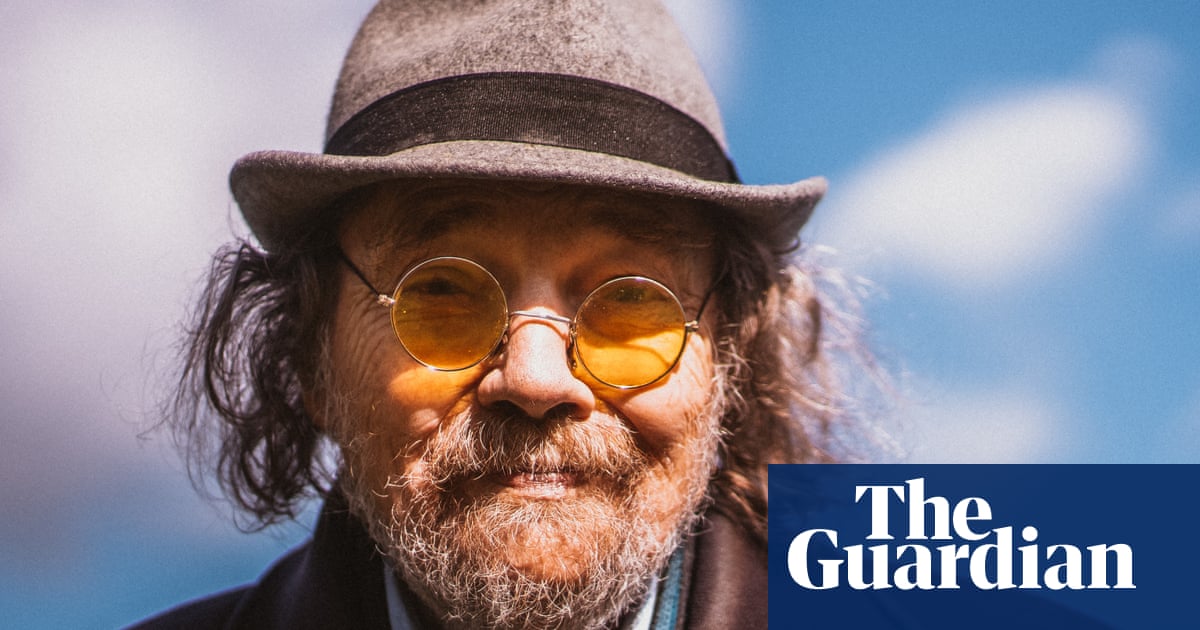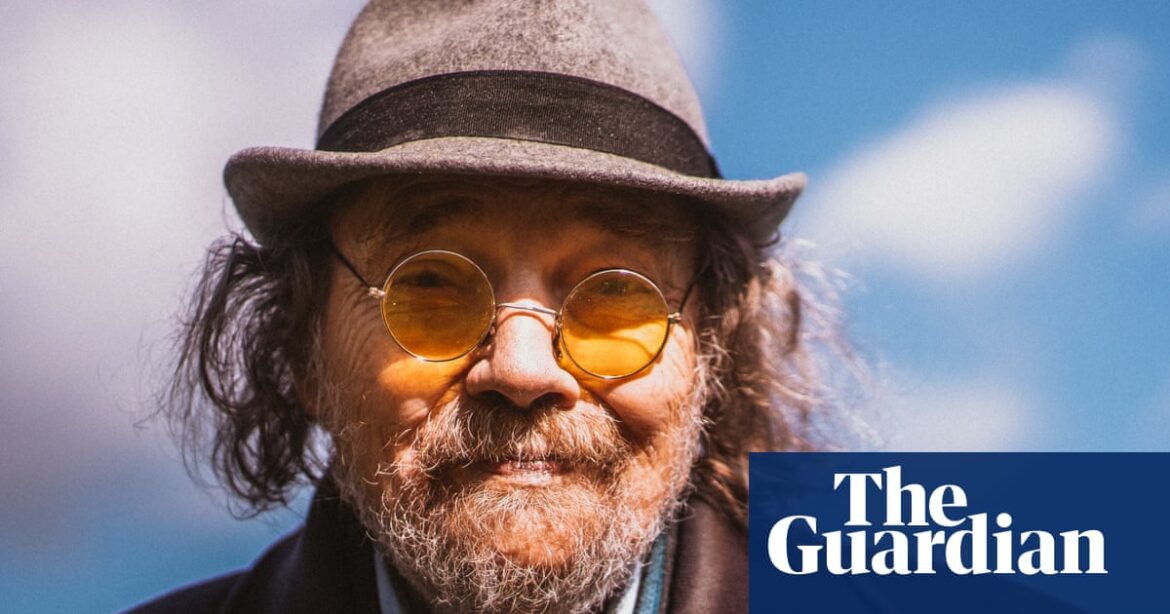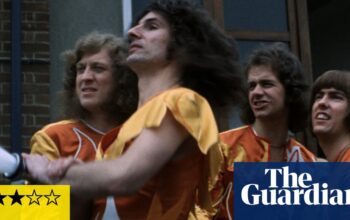
The folk singer Bill Fay, known for songs such as The Healing Day and Thank You Lord, has died aged 81, his record label has announced.
Fay began work on his latest album just a month before his death, and his label Dead Oceans said they hoped to “find a way to finish and release it”.
In a statement on Instagram, Dead Oceans said: “It is with great sadness that we announce the passing of Bill Fay, who died peacefully this morning [Saturday] in London, aged 81.
“Bill was a gentle man and a gentleman, wise beyond our times. He was a private person with the biggest of hearts, who wrote immensely moving, meaningful songs that will continue to find people for years to come.”
It continued: “For now, we remember Bill’s legacy as the ‘man in the corner of the room at the piano’, who quietly wrote heartfelt songs that touched and connected with people around the world.”
Starting his career in 1967, Fay’s self-titled debut in 1970 and its follow-up, Time of the Last Persecution (1971), had limited commercial success, but his work was rediscovered in the 1990s, when the albums were reissued, and he became a cult figure.
Archival releases of demos, and recordings from 1978 to 1981 were released during the 2000s, before Fay released his first studio album in more than 40 years, Life Is People, in 2012 on Dead Oceans.
Fay released two more albums: Who Is the Sender? (2015) and Countless Branches (2020).
During his comeback, Fay was reluctant to play live. He made only one television appearance, on the BBC music show Later … With Jools Holland.
The singer was credited by numerous artists as an influence. Artists including the War on Drugs, Wilco, Pavement and the Soft Cell singer Marc Almond covered his songs.
A version of Fay’s song Be Not So Fearful, performed by AC Newman, featured in the US horror drama series The Walking Dead.
Fay was born in London in September 1943 and went to college in Wales to study electronics, where he began to write songs on piano and harmonium.
Source: theguardian.com



